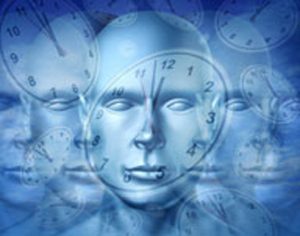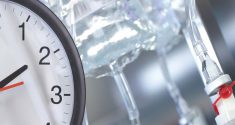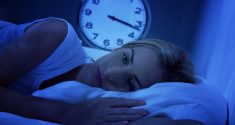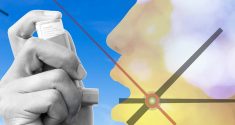Join us on a journey to explore a breakthrough field of medicine that will change the way you think about your body, disease and healing forever…
Chronobiology is an amazing scientific field that examines the body’s natural biological rhythms and the effect of time on these natural cycles, as well as the cycles of disease. Most importantly, chronobiology seeks to understand the relationship between all of these factors and apply that understanding to the precise timing of healing therapies.
Chronobiology is of particular importance when it comes to disease and healing. Not only are there optimal times of day for each organ system and for performing certain activities, but there are also ideal times for supplementation and healing.
What if we told you that life, health and healing are all about cycles? You probably take it for granted that wakefulness and activity normally occur during the light of day, and the arrival of nighttime means it’s time to go to sleep. In fact, as humans, this pattern of sleep and wakefulness is hard-wired into our systems. This natural 24-hour cycle that corresponds roughly to light and dark is called the circadian rhythm.
Besides the obvious day/night cycle, you may notice that your body goes through other shorter cycles or rhythms on a daily basis. For example, you might tend to have more energy in the morning but struggle each afternoon with that dreaded “mid-afternoon slump.” Perhaps you experience periods of particularly deep sleep and vivid dreams followed by stretches of lighter sleep or even awakenings during the night. These are also very valid cycles that affect your quality of life on a daily basis.
So would it surprise you to learn that your sleep/wake cycle and other more obvious rhythms like daily fluctuations in your energy levels are not the only physiological occurrences set to occur at an “optimal” time of day?
What if you found out that your body was better able to withstand pain between the hours of 8 and 9 a.m.? Would it affect when you schedule your next dentist appointment? Or how about finding out that your capacity for learning and long-term memory peaks between 3 and 4 in the afternoon? Would you be inspired to reschedule your study time?
We Are Made of Rhythms
Many of our body’s physiological processes are based on the 24-hour circadian rhythm,
from the release of certain hormones to the firing of specialized chemicals in the brain. But as we’ve hinted, the circadian rhythm is not the only cycle in the human body.
From the extremely short (only milliseconds!) cycles of brain waves to cycles that are drawn out over longer periods of time such as the cycle of hunger and satiety, our very life is at the mercy of our internal time regulators. Each organ system has its own biological rhythm and so do our mental and emotional states. Diseases even have rhythms! Every ailment—whether it be cancer, asthma or the common cold—has its own unique series of phases that can span hours, days, months and even years.
If it were possible to take a “health snapshot” of an individual at any given moment, you would be gazing upon a different picture of health or disease based on the state of and relationships between the rhythms occurring in their bodies at that precise moment. Some might show entire organ systems whose rhythms are out of sync and other systems that have stopped working altogether. Others could be the “picture” of good health, with all rhythms in perfect tune and their body running like clockwork. Sometimes, things might not be running perfectly, but all we need is a little “recalibration” when certain rhythms get out of whack.
A Time for Healing
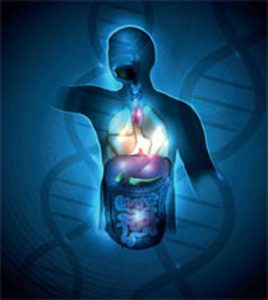
When it comes right down to it, understanding chronobiology and its relationship to disease and healing can give us an unbelievable advantage over disease, tipping the scales greatly in favor of good health.
So join us in breaking the boundaries of our current ways of thinking. Whether you’re a medical professional or just someone interested in becoming or staying healthy, Chronobiology.com is your premier source for the latest chronobiology studies, news and resources, along with chronobiologically-inspired health tips, recipes and expert advice.
Let’s get started on our journey to explore chronobiology—the future of medicine!
